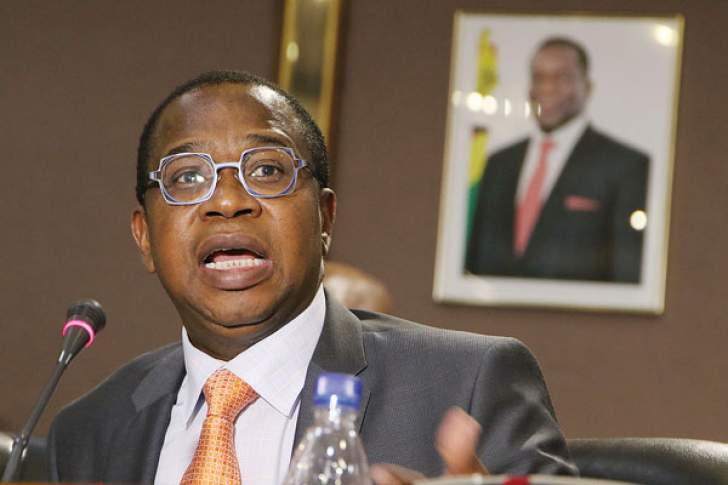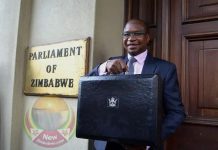Finance and Economic Development minister Mthuli Ncube will present his maiden National Budget to Parliament towards the end of November.
Parliamentary portfolio committees have been conducting hearings to receive public input into the preparation of the budget.
Submissions from the public will be used by parliamentary committees to prepare reports for presentation at the annual pre-budget seminar attended by Members of the National Assembly and Senate, ministers and senior government officials.
It is evident from the hearings conducted so far that economically weary Zimbabweans expect concrete actions that address an economic crisis characterised by shortages and spiralling prices of basic commodities, acute shortages of foreign currency and the rapidly falling value of the bond note against the United States dollar.
The hearings by committees will be meaningless if they do not influence the content of the budget and its macro-economic framework and come up with solutions to these pertinent issues being raised by the public.
Members of Parliament must understand that citizens are tired of being invited to endless meetings that do not culminate in their lives getting better.
While consultation of citizens is a constitutional requirement, the letter and spirit of the Constitution is that consultation must be meaningful.
Citizens must feel that their interests and aspirations are being seriously considered, and influencing policy direction. Waking up one morning with a far-reaching public policy pronouncement is not in the spirit of the Constitution.
The forthcoming pre-budget seminar between ministers and Members of Parliament is funded from the fiscus. It cannot be a productive use of scarce resources if that gathering turns out to be a mere talk shop.
That should be an occasion for the two branches of government to engage in constructive dialogue on the economy.
The pre-budget seminar must be done without partisan considerations in order to come up with well-thought-out solutions to this economic mess.

I fully understand that Ncube is new in government and may not have been fully briefed about some of the good practices that have been adopted by Parliament and the Executive around National Budget formulation and implementation.
It is high time he brings himself up to speed with these good practices and avoid violating the constitutional principles of public financial management.
Some of these principles, as provided for in Section 298, are that there must be transparency and accountability in financial matters; financial management must be responsible and fiscal reporting must be clear; and public borrowing and all transactions involving the national debt must be carried out transparently and in the best interests of Zimbabwe.
Section 299 bestows on Parliament the authority to oversee State revenues and expenditure at all levels of the government, including public enterprises and local authorities.
What this means is that policy pronouncements of a fiscal nature cannot be made without consulting Parliament.
Parliament is the custodian of public resources, and must, therefore, be consulted before implementing policy decisions that impact on government revenues and expenditure.
I am aware that the Finance and Economic Development ministry will soon bring a Bill to Parliament to amend the Public Finance Management Act (PFMA).
This Bill must be comprehensive enough and legislate for the good practices in public financial management and parliamentary budget oversight.
All the stages, timelines and processes of the budget must be fully legislated for in order for Parliament and citizens to be sure of the entry points.
In the last Parliament, the Portfolio Committee on Finance and Economic Development submitted comprehensive proposals to amend the Act to the ministry.
The new portfolio committee must simply revisit these proposals and engage the minister accordingly as soon as possible.
It is better to influence the content of the Bill before it is gazetted and tabled in Parliament.






